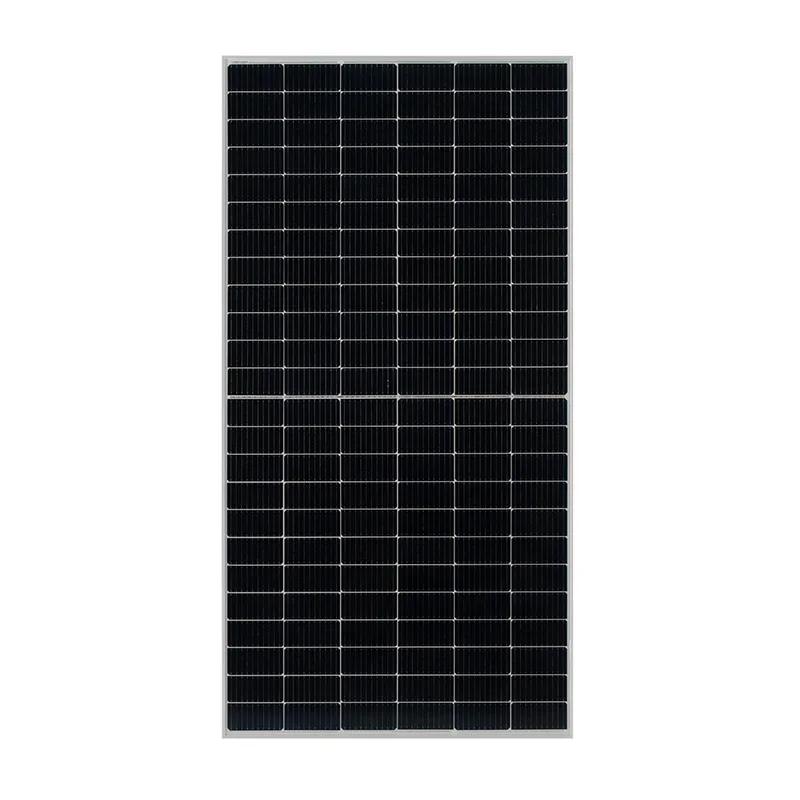micro inverters
Understanding Micro Inverters The Future of Solar Energy Systems
As the demand for renewable energy sources continues to grow, solar power has emerged as one of the most popular alternatives to conventional energy. Within the realm of solar energy systems, micro inverters are gaining significant attention for their innovative approach and efficiency in harnessing solar power. This article explores the concept of micro inverters, their advantages, and their role in enhancing the performance of solar photovoltaic (PV) systems.
Traditionally, solar energy systems utilized a single inverter for an entire array of solar panels. This type of inverter, known as a string inverter, converts the direct current (DC) generated by the solar panels into alternating current (AC) for use in homes and businesses. However, string inverters come with a few notable disadvantages, including the infamous clipping problem and inefficiencies arising from shading on individual panels. When one panel in a string underperforms due to shading, dirt, or orientation, the entire string is affected, leading to a drop in overall energy production. This is where micro inverters shine.
Micro inverters are small devices installed on each solar panel individually, allowing them to operate independently. This design eliminates the issue of shading affecting adjacent panels since each micro inverter optimizes the output of its specific panel. Furthermore, micro inverters can increase overall system efficiency by up to 20%. They match the output of each panel to the inverter’s capabilities, ensuring that every watt produced is utilized effectively.
micro inverters

Another significant advantage of micro inverters is their enhanced monitoring capabilities. With a micro inverter system, homeowners can monitor the performance of each individual panel in real time. This feature not only provides valuable insights into the energy generation of each panel but also helps in identifying potential issues early on, allowing for timely maintenance and repairs. This proactive approach can lead to significant savings in maintenance costs and prolonged system longevity.
Moreover, micro inverters facilitate easy scalability for solar energy systems. As energy needs grow or as budget allows, homeowners can add more solar panels to their existing systems without a complete overhaul. Each new panel can be equipped with its own micro inverter, ensuring that the system can expand seamlessly and efficiently.
While micro inverters may come with a higher upfront cost compared to string inverters, the long-term benefits often outweigh the initial investment. Their ability to optimize energy production, improve monitoring and maintenance, and offer scalability has made them a popular choice among homeowners and solar system installers alike.
In conclusion, micro inverters represent a significant advancement in solar technology, providing a more efficient and user-friendly alternative to traditional inverter systems. As the global shift toward renewable energy continues, micro inverters are likely to play a crucial role in the future of solar energy, offering solutions that maximize solar power utilization and enhance energy independence for consumers. Whether you are considering installing a solar energy system or simply exploring options in renewable energy, understanding the benefits of micro inverters can help you make informed decisions that contribute to a sustainable future.
-
Smart Tie Grid Inverter: Maximize On-Grid Solar EfficiencyNewsAug.30,2025
-
Leading Monocrystalline Solar Panel Manufacturer - High Efficiency & QualityNewsAug.29,2025
-
TRINA 5E 420-445W Shingled Monofacial Solar Panel | High-EfficiencyNewsAug.28,2025
-
Solar Panel Cut Energy CostsNewsAug.18,2025
-
Panel Solar Bifacial Boosts Energy YieldsNewsAug.18,2025
-
Highest Monocrystalline Solar Panel Efficiency WinsNewsAug.18,2025







